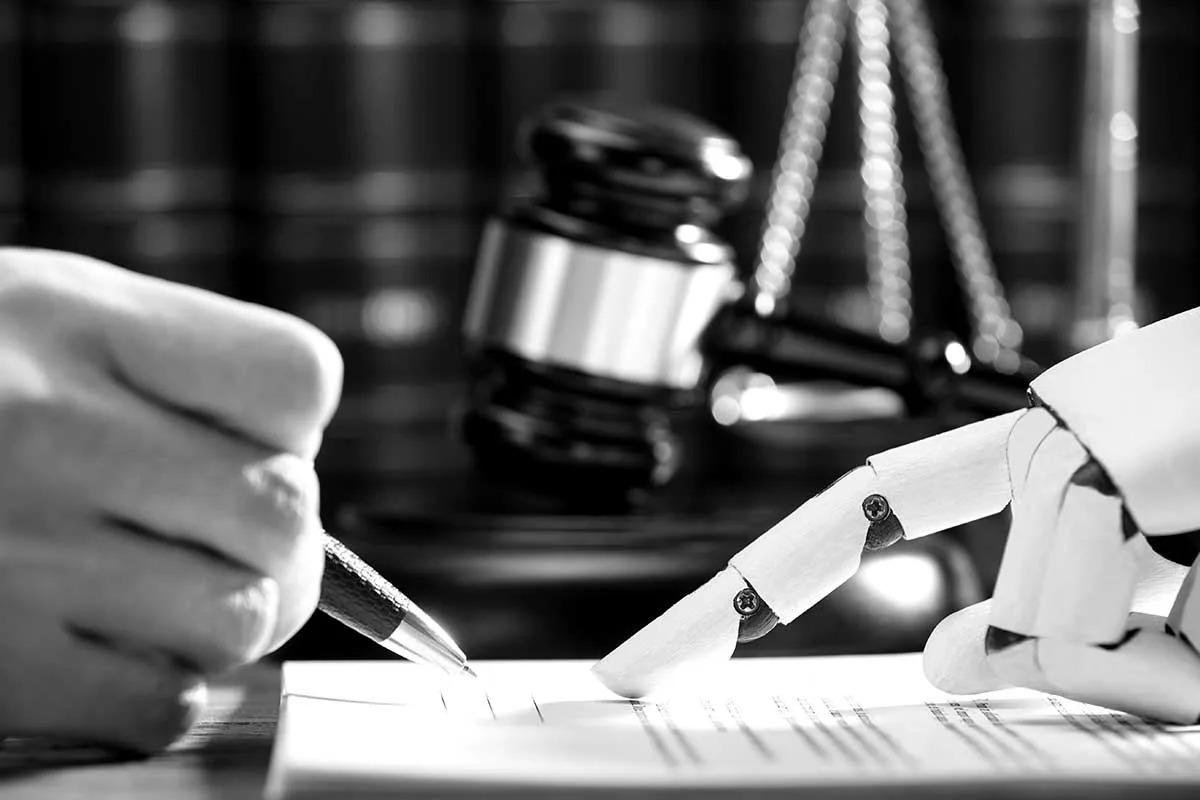

Roberto Mata sued Avianca Airlines after he allegedly got injuries during a flight that was set to land in the John F. Kennedy International Airport, in the city of New York.
Mata expressed he was hit by one of the serving cars utilized by flight attendants on his knee. This incident caused a serious injury, and the man decided to sue the airline. Steven A. Schwartz, an attorney with Levidow, Levidow & Oberman and licensed in New York, was in charge of handling the case.


However, some of the sources and submitted cases utilized by Schwartz for a brief were considered to be “bogus judicial decisions with bogus quotes and bogus internal citations.” The problems in the 10-page document contained “fake cases,” which were taken from the artificial intelligence bot, Chat GPT.
This Thursday, Mata’s lawyer confirmed he had used ChatGPT-3, but had never done so prior to this case, and was consequently, “unaware of the possibility that its content could be false.” He later added that he regrets having used the artificial intelligence bot to work on his legal research and will not do it again in the future without verifying the authenticity of the information.
On April 25, the lawyer was ordered to show why he should not be sanctioned for the use of “false and fraudulent notarization,” However, Schwartz responded with screenshots taken from Chat GPT, in which the bots confirm the authenticity of the sources he utilized for the case. The bot apologized for the incident and said the “cases are real and can be found in reputable databases.”
Leave a Comment